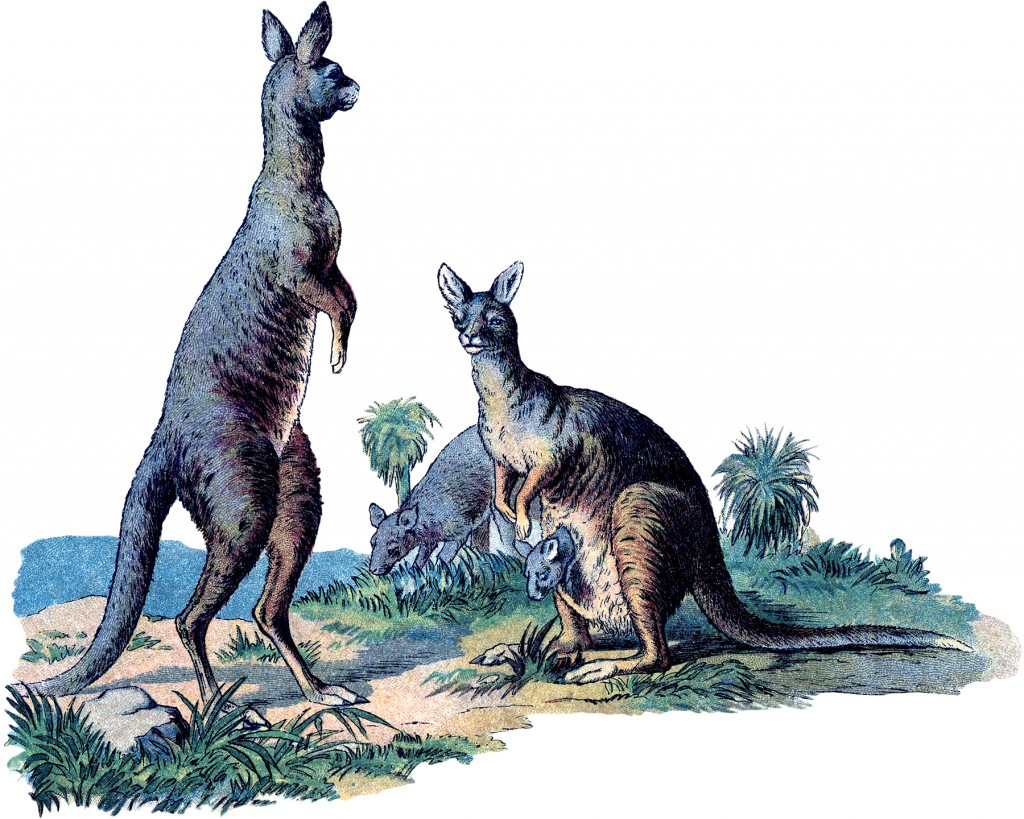Back in the day, when I started teaching genealogy at my local public library, the Internet was fairly new. The newest computers had been installed and people were just learning to use the Internet and fewer people had purchased home computers so to the library they went. Fewer people had cell phones and those came with Internet capacity. I didn't. I actually resisted cell phones for some time for all the reasons people do to this day. At the time I provided students with lists of web sites and the actual http addresses.... I must've had a hundred or so bookmarked...
Today I think people do word searches to bring up web sites rather than the belabored input of the https. I've done genealogy research using a cell phone, especially during Covid-19 closures but I didn't print out and then the cell phone died...
Back in the day there were many genealogy oriented start ups. These days certain ones are dominating. So it's easy to feel compelled to use those one, two, or three or four. However, I think people are failing to consider where the ORIGINAL SOURCE MATERIAL comes from that the databases use. These are usually governmental; federal, state, county, and city. Next come church or religious records.
I have an account with the NATIONAL ARCHIVES OF THE UNITED STATES - NARA. (The Library of Congress is also helpful.) And the National Archives of few other countries.
Some countries are newer at having National Archive resources digitized. YOU WILL WANT TO INTERACT WITH THEIR ARCHIVISTS IF YOU HAVE MORE QUESTIONS and perhaps, the old fashioned way, send for copies or pay them to research for you. This is usually possible through e-mail. Some will ask you to set up an account, others not. (I know! More accounts and passwords to keep track of...)
For the next few weeks I'm going to link to some of the National Archives of other countries that you should consider when researching - especially when you find that the genealogy databases DO NOT HAVE EVERYTHING. And they do not.
C 2024 Ancestry Worship - Genealogy BlogSpot










